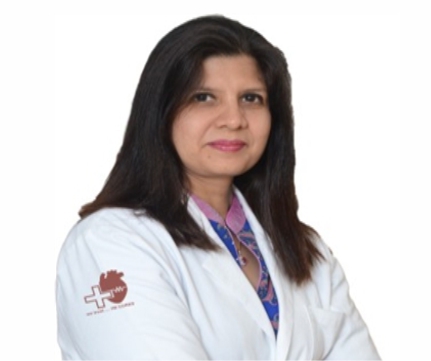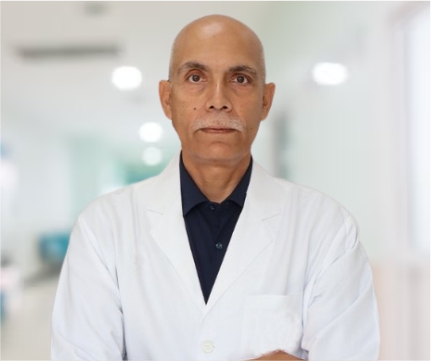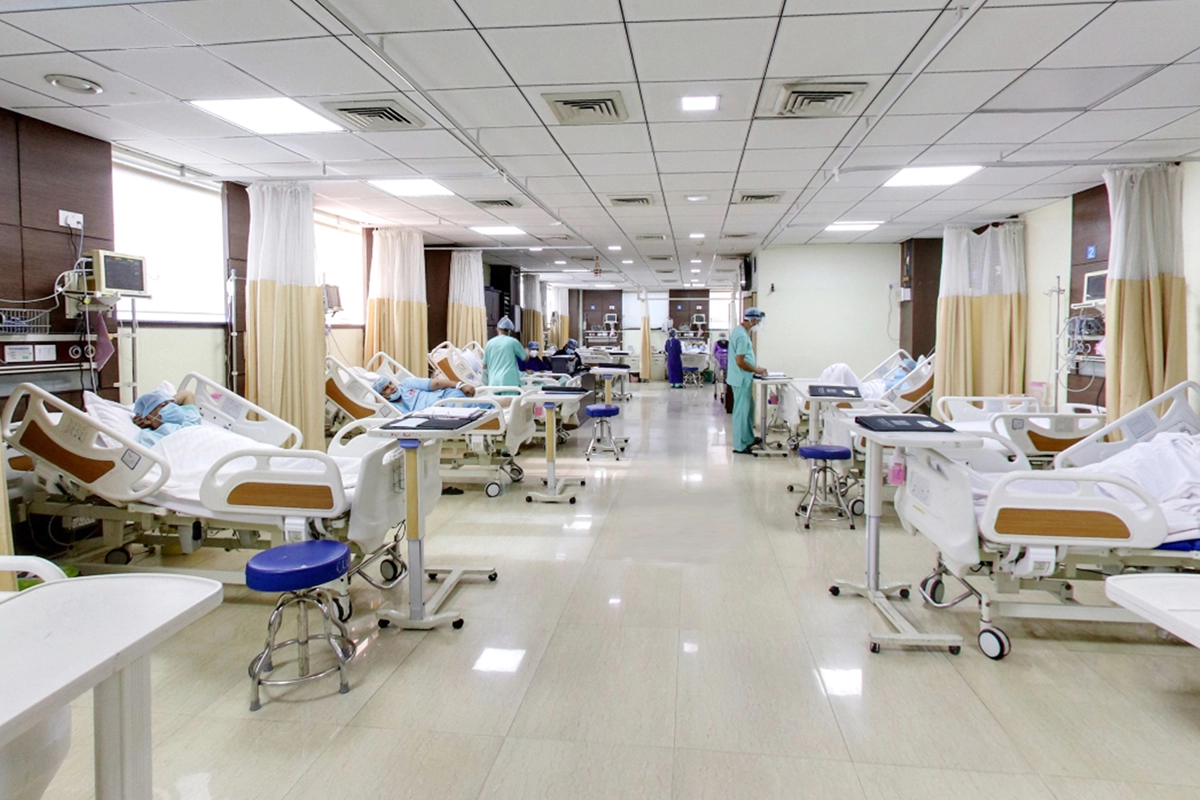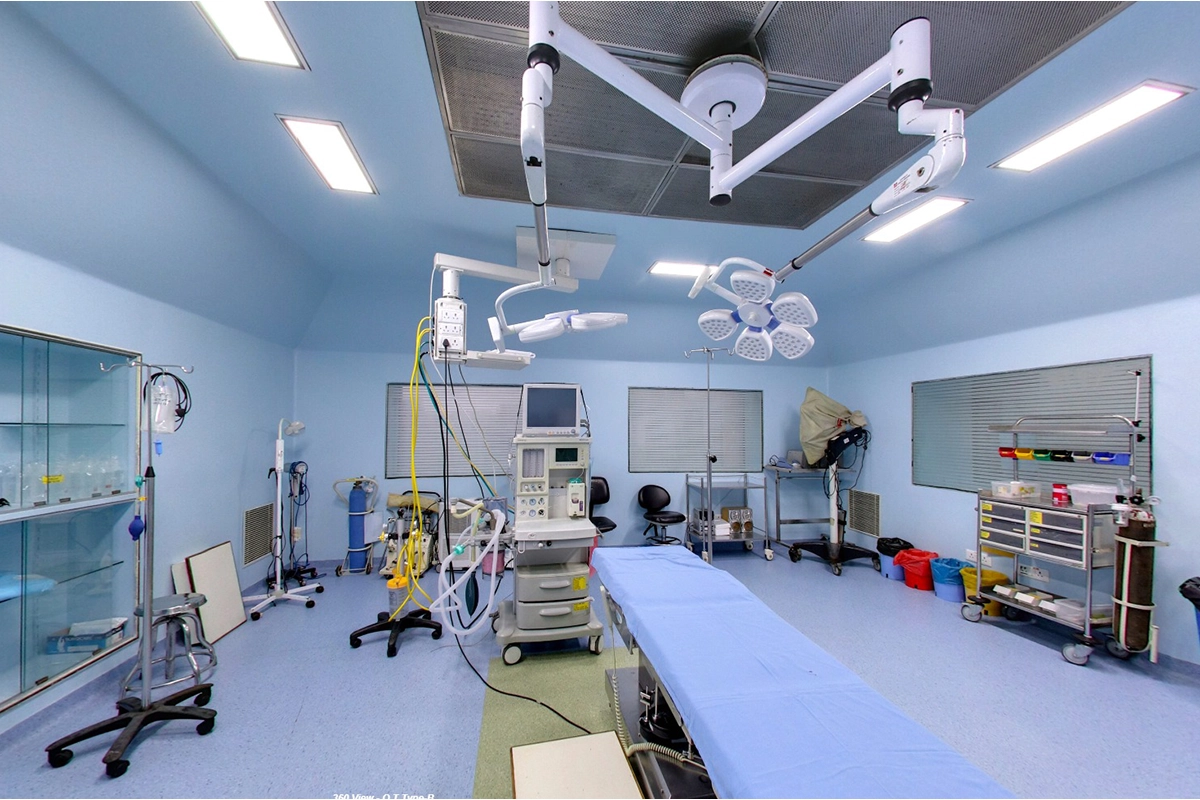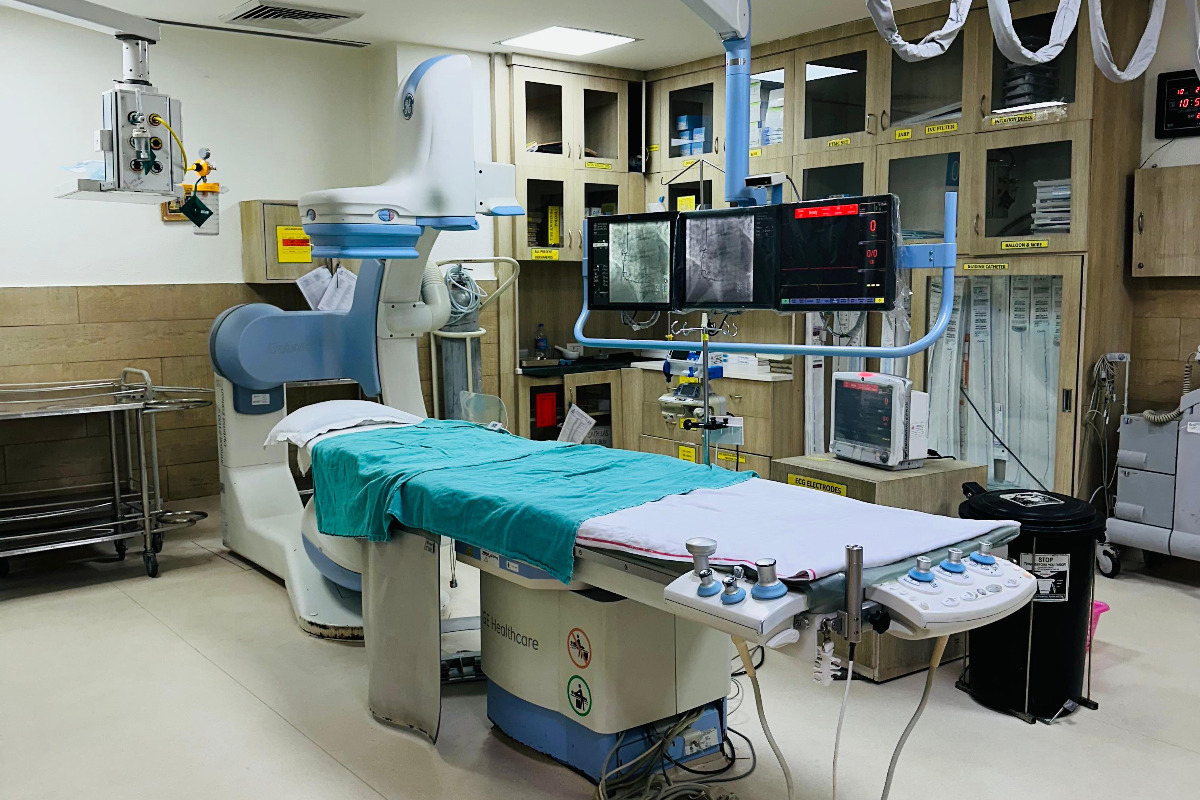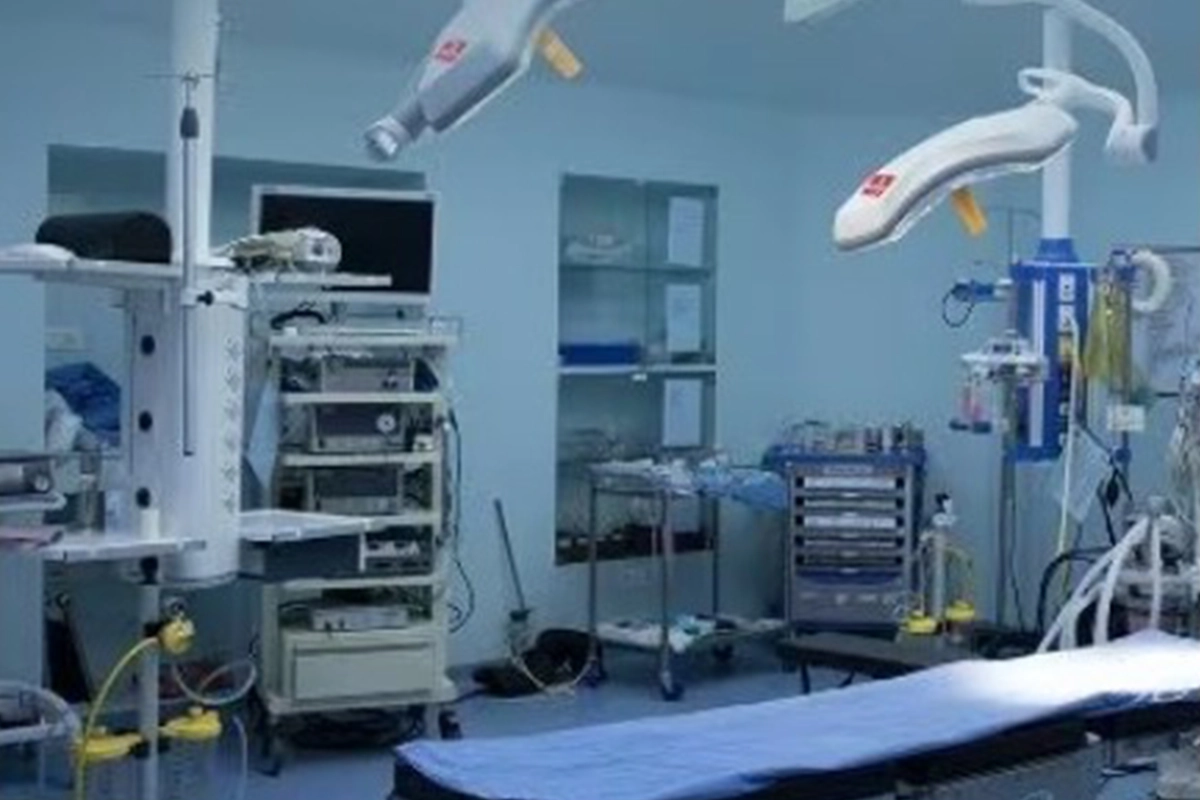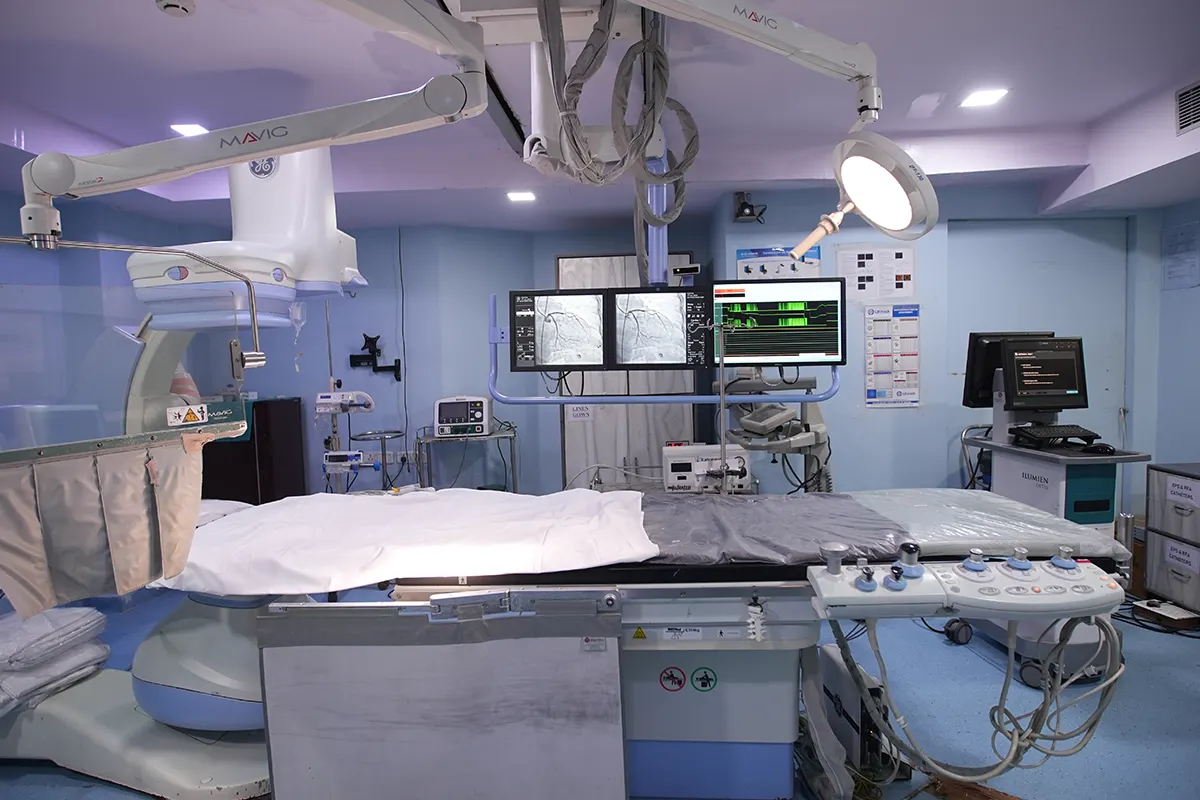Eye Disorders and Diseases
Cataract
Characterized by the formation of dense, cloudy areas in one or both eyes, cataracts hinder clear vision. Symptoms include clouded vision, glare sensitivity, halos around lights, double vision, and fading colors. Our facility provides treatments like Phacoemulsification, MICS, and FLACS for effective cataract resolution.
Glaucoma
This disease damages the optic nerve, leading to permanent vision loss if untreated. Often symptomless except for gradual vision loss, regular eye checkups are crucial, especially after the age of 40. Metro Hospital utilizes advanced equipment like OCT, Perimetry, and Pachymetry for diagnosis, offering treatments ranging from medications to advanced surgery.
Conjunctivitis
Commonly known as pink eye, this inflammation of the inner eyelid and outer eyeball membrane can result from bacteria or viruses. Symptoms include redness, irritation, tearing, and discharge. Our eye treatments for conjunctivitis are tailored to individual health conditions.
Squint
When eyes aren’t aligned, causing them to move in different directions, squint arises. Nerve injury or dysfunction in eye muscles can be responsible. Metro Eye Care provides treatments including lasers and advanced surgeries to address squint-related concerns.
Age-Related Macular Degeneration (AMD)
AMD blurs central vision, impacting activities like reading and driving. As the name suggests, it predominantly affects older adults. Our diagnostics include OCT and FFA, with facilities for intravitreal injections available.
Refractive Error
A common eye problem affecting many, refractive errors can be corrected through treatments, offering freedom from spectacles.
Diabetic Retinopathy
Resulting from diabetes, this condition damages the retina. Diagnostics involve FFA and OCT, with laser treatments available.
Retinal Detachment
A serious condition where the retina pulls away from its normal position, leading to vision loss. Prompt surgical intervention is necessary.
Corneal Diseases
Various conditions affecting the cornea, such as infections, injuries, and dystrophies, are diagnosed and treated using state-of-the-art techniques.
Uveitis
Inflammation of the uvea, the middle layer of the eye, can cause eye redness, pain, and vision changes. Treatment involves addressing the underlying cause and managing inflammation.
Early Diagnosis, Advanced Treatments
At Metro Healthcare, our state-of-the-art clinical care and infrastructure empower us to deliver the best eye care and treatments. From Glaucoma Diagnostic Surgery, Eye Ultrasound, Lasers, Cornea Diagnostic & Surgery, Retina and Vitreous Diagnostics, plastic surgery of the eye, low vision aids, Paediatric Ophthalmology, to comprehensive eye examinations — we offer a comprehensive suite of services.
Renowned as the best eye care hospital in Faridabad, we conduct Speciality OPDs to address patients’ preventive and primary healthcare requirements, ensuring a holistic approach to eye care. Metro Hospital: where vision meets excellence, transforming lives one clear sight at a time.






